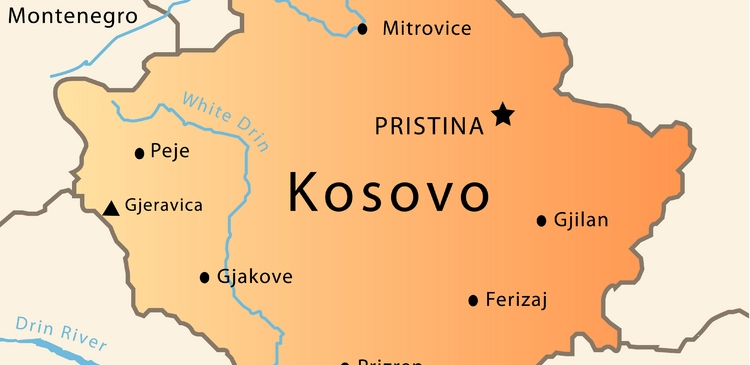
What next for Kosovo?
Although the guns have yet to fall silent, there is an urgent need to sort out the rehabilitation of Kosovo. Even under the best of scenarios, this is going to be an expensive and excruciating business. At the time of writing, the first ideas are being sketched out behind the scenes, even though there is no agreement on who will drive the process, or the outcome of that process. Kosovo's reconstruction will need to take place within the framework of a regional strategy for south eastern Europe, and it is encouraging that the German EU Presidency is putting serious thought into a Stability Pact for the whole region.
But the planning for Kosovo itself, to create what is loosely described as an "international protectorate", will require as much focus and political will as the bombing campaign, but extending over many years rather than a few months. It must take account of recent history in the region, notably in Bosnia and in Eastern Slavonia.
The Rambouillet Accords, overtaken by events, contain little on the civilian administration Kosovo will now need. Like the Dayton Agreement for Bosnia, they go into minute detail on the military aspects of implementation, but leave key questions open, such as the international body which will carry political responsibility, its enforcement powers, its competence regarding economic reconstruction and its mandate on questions about civil society - from the rule of law to the "nation-building" which will be necessary.
One thing that makes it difficult to answer these questions is the contradictory conclusions drawn from Bosnia and from Eastern Slavonia. In Bosnia, reconstruction was driven by an ad hoc international organisation, the Office of the High Representative, while in Eastern Slavonia, the UN ran a huge politico-military operation, UNTAES, which supervised the transition back to Croat administration of a sensitive, Serb-occupied strategic area.
Carl Bildt, the first High Representative in Bosnia, had a grand title but a weak mandate. It was only through force of personality that he managed to entrench the OHR as a serious player alongside the military implementation force, IFOR, with its near-dictatorial powers. He was under constant attack from political parties throughout Bosnia, from his supposed political sponsors, notably the US, and from international economic development agencies which saw their own disbursement procedures as more important than Bildt's political priorities.
The US currently favours an overall role for the OSCE (Organisation for Security and Co-operation in Europe), partly because the Americans feel they can dominate it as in Bosnia, where the OSCE had a key role in organising elections. The Europeans and the Russians are less keen. The OSCE's performance in Bosnia was judged less professional than that of the OHR, which under Bildt and his successor Carlos Westendorp eventually came to be accepted as a legitimate embodiment of the international will.
The EU is the institution currently favoured by the French, but its experience in running protectorates is limited and the present turmoil in Brussels does not help. Therefore the UN is the most logical player. Koffi Annan and the Russians will push this and the Europeans would probably go along with it. The US is likely to resist, thinking they will lose control of the process.
Whatever the framework, the representative on the spot must be given sufficient authority to rein in recalcitrant local politicians and to harness the military, as well as the main international agencies, to the same strategic plan.
The civilian administrator will need to be able to fire difficult officials, use political leverage on economic projects and remould legal processes. He will have to introduce people in Kosovo (whatever their ethnic identity) to a concept of citizenship different from what they have known under the false gods of communism and nationalism. Yet he will have to implant the confidence in them so they can forge that identity themselves. It is the job description from hell. Which makes it all the more important that the international community provides enough clout, and creates the right instruments, to make the job achievable.
